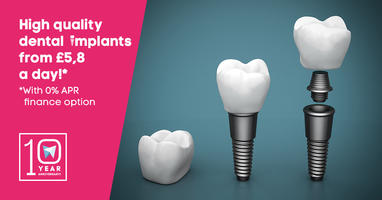One out of every 3 000 people are born with teeth, and much more are come into this world with hair already on their heads. Children born like this were considered to be shamans and especially gifted, but modern scientific research shows no reason to treat these children specially, or to expect them to have higher cognitive functions. This is nothing to be afraid of, and is all a completely normal part of embryonic development, but children born with teeth do warrant special attention. These teeth are called natal teeth, and can cause some problems if they are not seen to, and are different from the neonatal teeth, milk teeth or deciduous teeth that children first develop before their permanent teeth grow in. In this article I wish to talk a little about what these teeth are and what to do if your baby has them.

What are natal teeth?
Natal teeth are tiny pre-neonatal teeth, which connect to the soft tissues but are independent of the tooth beds and alveolus, and have very shallow, or more frequently, absolutely no roots at all. Some of them are loose the moment they are born, and need to be removed, while others are totally fine and will fall out on their own in due time. If your baby is born with these teeth and the doctor does not see a need to remove them make sure you clean these teeth with a wet cloth, very gently. They do need to be rinsed, and the mouth is a very sensitive organ, especially the mouth of a neonatal baby.
Kind of a problem
Although totally normal and in no way reflective of the baby’s health or development, many dentists tend to remove these teeth out of hand because they can cause problems. They appear at a time when the owner does not need teeth at all, as mother’s milk does not need to be chewed. A baby can cut his or her tongue on the teeth, and the presence of teeth can make breastfeeding much more difficult and painful. These teeth can also decay, and can cause xerostomia because they may make it difficult for the infant to close his or her mouth.
Not to worry
If your child is born with teeth, do not worry, this does not mean anything positive or negative really, and we cannot conclude anything about the child’s future or development at all from the existence of these teeth. You should concentrate on the teeth though, and make sure they are not a problem for your child, and get in touch with your dentist should they become one for any reason. Be prepared that they will fall out soon after birth (usually within the first three months), and that this is normal and is nothing to be upset about.
Image: 1.

